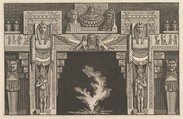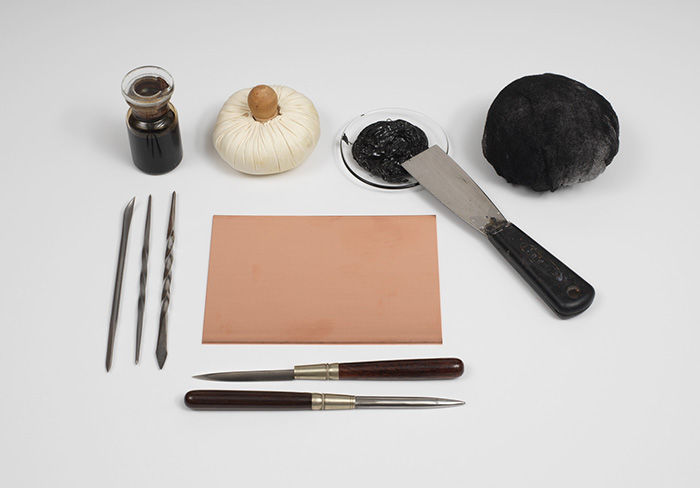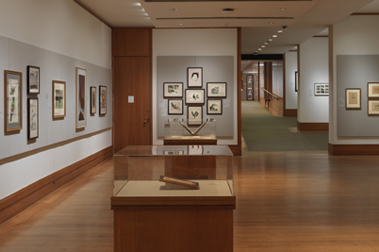Chimneypiece in the Egyptian style, from Diverse Maniere d'adornare i cammini (...) (Different Ways of ornamenting chimneypieces and all other parts of houses)
Giovanni Battista Piranesi Italian
Not on view
The lengthy essay that opens the 'Diverse maniere' is dedicated to Cardinal Rezzonico, nephew of Pope Clement XIII and one of Piranesi's ardent supporters, but is clearly intended for a wide audience, given the parallel texts in Italian, English, and French. Whereas the 'Antichità Romane' was a scholarly work, directed to antiquarians and architects, this publication is addressed primarily to designers, encouraging them to follow Piranesi's lead in giving their imagination free reign. Piranesi states forthrightly that an artist should not merely copy but instead "ought to show himself of an inventive, and I had almost said, of a Creating Genius ..." Here Piranesi draws on three decades of study of Roman ornament to create new variants and bizarre combinations, but he also introduces the decorative vocabulary of Etruscan, Greek, and Egyptian art—appearing to revel particularly in the latter. Piranesi claimed that by combining these styles, modern designers could find their way to "new ornaments and new manners." Some of the fireplace designs illustrated in this publication, many of which incorporate ancient relief sculpture, were executed for British clients and still survive. Piranesi is also known to have designed furniture for Cardinal Rezzonico.
Due to rights restrictions, this image cannot be enlarged, viewed at full screen, or downloaded.


